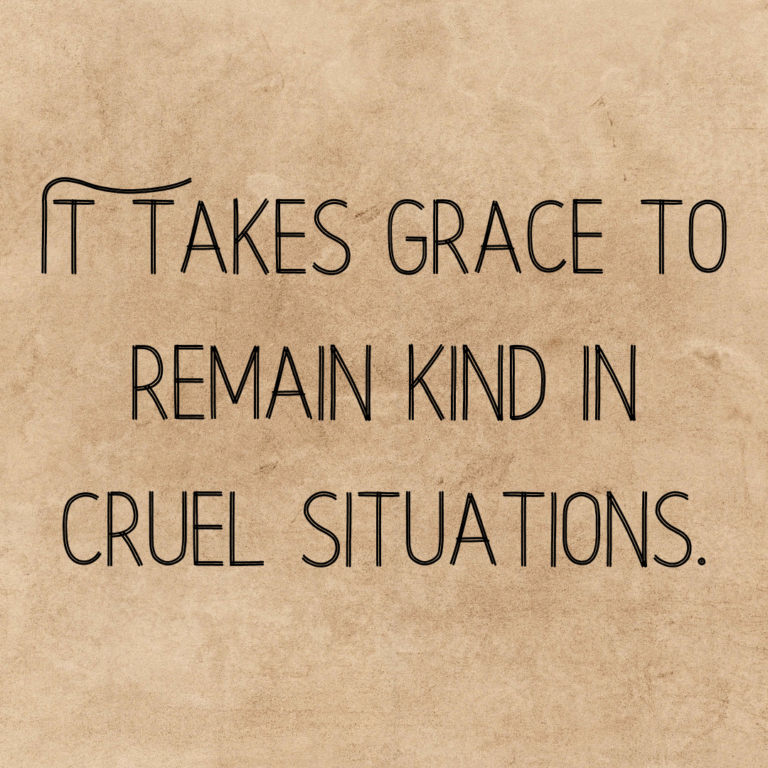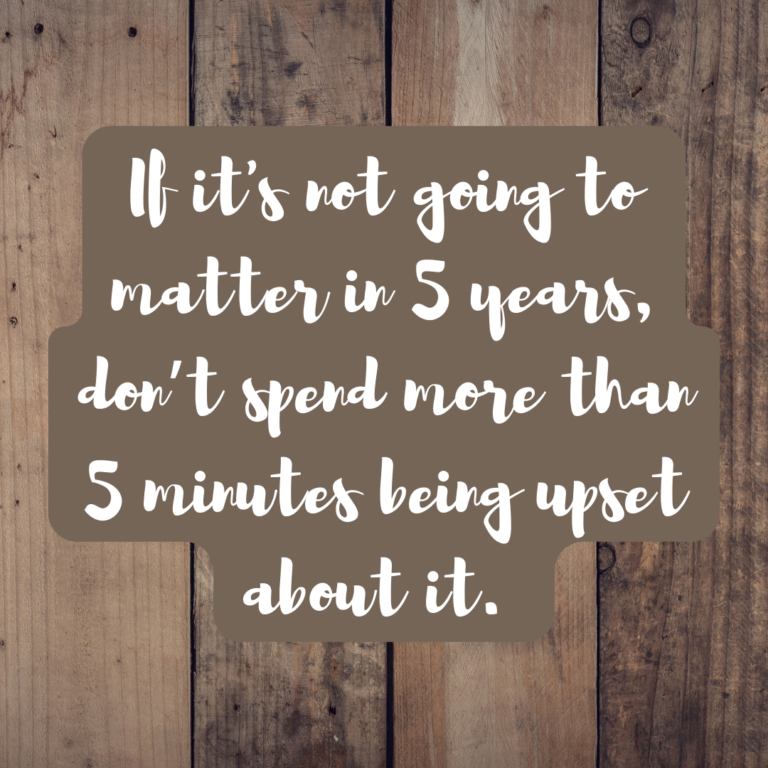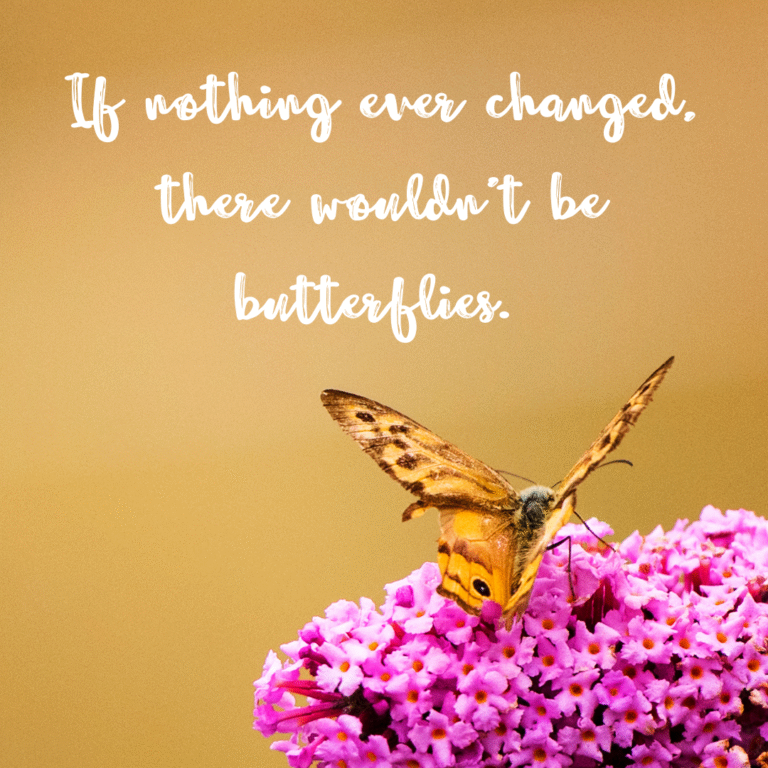It takes grace to remain kind in cruel situations.
All relationships have their struggles. Arguments are bound to happen and dealing with them effectively is easier said than done. The quote, “It takes grace to remain kind in cruel situations,” means that we need to learn to have grace in order to make it through the hard times in our relationships and come out stronger in the end.
What Is Grace?
Grace has many different meanings, but ultimately, it comes down to showing kindness to someone despite their unkind actions towards you. It is trying to understand another person’s point of view and choosing to still love them regardless.
Grace can be challenging, but it is crucial to remember that showing grace during arguments strengthens relationships. Grace doesn’t mean you agree with the person or that you think their actions were right; it means that you understand that people make mistakes, and you care about the relationship more than the argument.
How to Display Grace in a Relationship
There are many ways that you can and should show your partner grace in your relationship.
Remember that Everyone is Human
First, you should remember that we are all human, and being human means making mistakes. Remembering this fact can help you realize that your partner is more than just their bad moments. It can help you remember all the good things about your partner that make your relationship strong and healthy.
Remember the importance of Your Relationship
Second, it is important to keep in mind that your relationship is bigger than any one argument. When a situation becomes heated, it can be difficult to see outside of the present moment. Looking past the argument can help you take a step back and work together to find a solution.
See the Argument from Their Side
Third, every argument has two perspectives. Seeing the situation through your partner’s eyes can help you begin to understand their actions and the emotions behind the argument.
Consider What Might Be Causing their Actions or Words
Fourth, not all arguments are truly about what your partner claims it is about. Sometimes, other life stressors or outside events are causing them to be irritable.
While you shouldn’t condone them taking their problems out on you, you should address what might be playing into the argument at hand. Then you can get to the root of the problem, which allows you to find a solution more quickly.
Find a Way to Break the Tension
Fifth, arguments can quickly get out of hand because tensions are high. If you notice that things are getting too tense, try to find a way to break the tension. For example, you might try to make your partner laugh or reach out and give them a hug. Breaking the tension can bring the argument back to a place of kindness and understanding.
Be Willing to Forgive
Finally, you should be willing to forgive your partner for their bad moments. Forgiveness means that you don’t bring up an argument after it’s finished, and you move on in peace. Without forgiveness, a relationship cannot stand. With forgiveness, a relationship gains a more solid foundation.
The next time you have an argument with your significant other, remember that “It takes grace to remain kind in cruel situations.” Use these tips to keep your relationship on stable ground and strengthen your bond with your partner. You’ll find that arguments become more manageable, and the outcome of your arguments becomes more positive.











